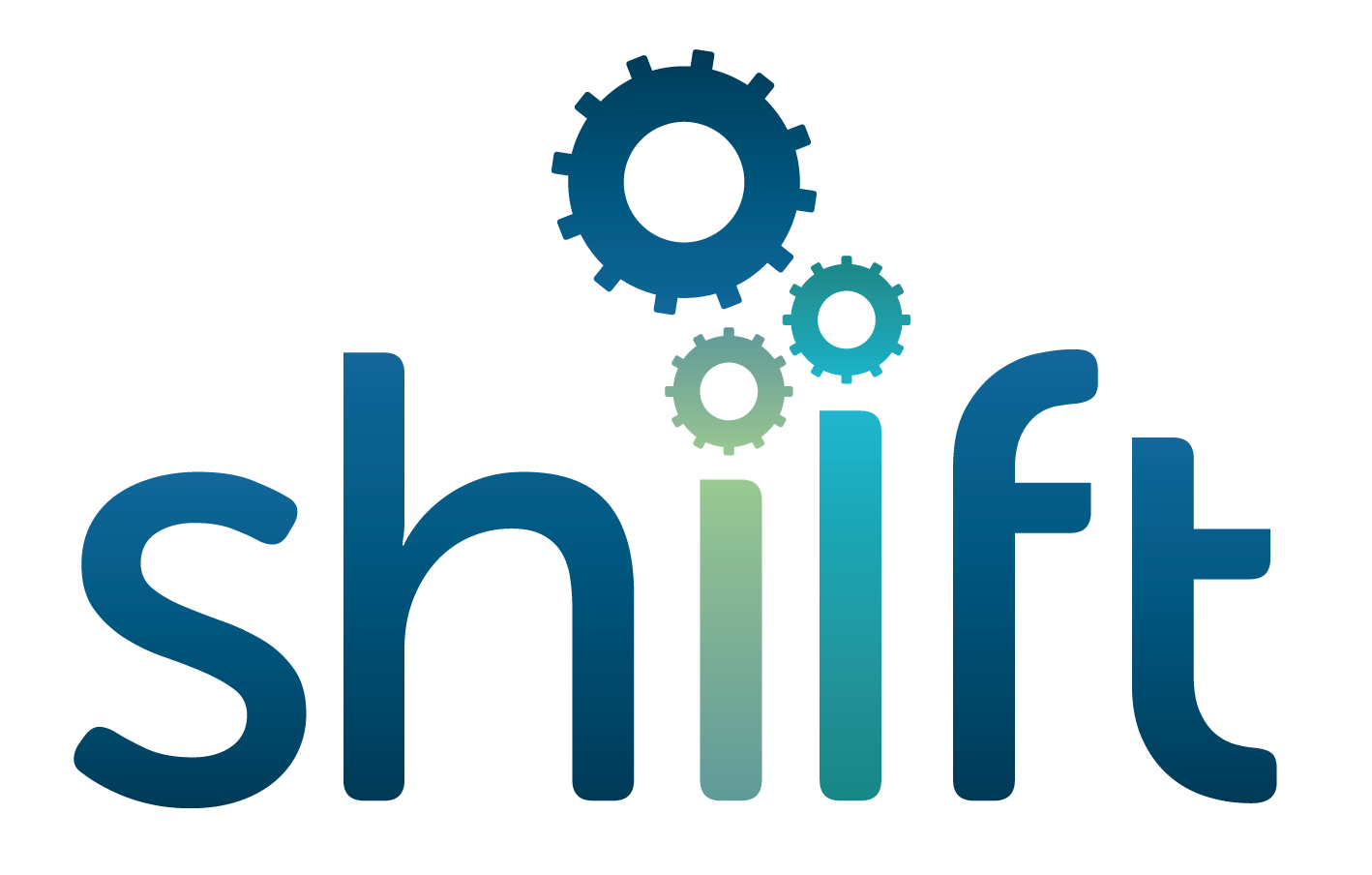More people are working longer – not days, hours, weeks – but years!
We are living longer, so the need to work longer has increased. Simultaneously, younger people keep joining the workforce so we now have a multi-generational workplace which is unlike any we have seen before. Someone born in 2019 has more than a 50% chance of living to be at least 105! Today’s 20 year old has a 50% chance of living beyond 100!
So what is the impact on businesses? With such a huge mix of experience, attitudes and energy to harness, businesses should be able to use these to create great results. But this isn’t often so . . . to make this happen, businesses need to do two things:
Ensure that different generations with different values and approaches can work together productively.
Help individuals develop & grow throughout their now extended working life.
Millennials have been portrayed as a difficult group to motivate and manage – but it’s just not so. Even Socrates stated 2,500 years ago: “The children now love luxury; they have bad manners contempt for authority; they show disrespect for elders and love chatter in place of exercise”. Hmmm, thanks Socrates – really we are just talking generational disparities . . .
Research supports that millennials are actually a lot like their older colleagues and any differences are minor (Myers-Briggs 2019). The only measured difference is not attitudinal or behavioural but that they are the first wave of digital natives to enter the workforce.
At the end of the day if you follow these three things you can’t go wrong with any of your team – old or young!
- We want to feel valued
- We want to feel like we make a differenc
- We want to be able to develop and grow – be a better version of ourselves tomorrow than we are today.
Valued – provide feedback – we all want to know how we are doing at some stage. Forward positive customer feedback to team-members and try and met 1:1 with team-members at least once a quarter.
Make a difference – what is the purpose of the business, why are we here, do we believe in what we provide?? Align the team with this purpose and celebrate when you achieve this purpose – daily, weekly, monthly – even just a verbal acknowledgement means a lot.
Personal / Professional Development – create coaching conversations. Discuss growth and improvements in their ability to do the role. How could you provide training, informal mentoring, choose goals / targets – anything which shows the team-member is developing a new skillset.

